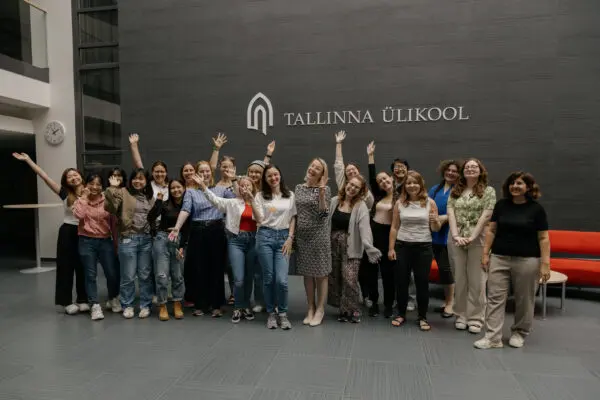
Tallinn, Estonia
Innovate and Educate
When:
27 July - 31 July 2026
Credits:
2 EC
Read more
Experimental and quasi-experimental research designs have become more popular in social policy research, following the general trend in micro-economics and sociology of advocating social experiments as the main tool for studying causal effects. The strengths of a well-defined experiment are undeniable. Nonetheless, limitations also exists in terms of scalability, generalisability, inherent heterogeneity, the complexity of social policy programmes, and the political and ethical reality.
What are the types of questions that are relevant in social policy research? When are experiments in social policy research well motivated – or best avoided? How long should experiments last? Can all questions relevant to social policy research be answered (in practice and in principle) using experimental methods, or is there a continued need for other methods?
Swedish Institute for Social Research, Stockholm University
The expert workshop is suitable for academics involved in social policy research, at all stages of their career. Participants are expected to have experience or interest in challenges related to experimental designs in social policy research, and present a paper that is directly related to the topic of the expert workshop. Applications, including a short presentation of the topic to be presented, should be made via the online application formno later than May 31.
This expert workshop will draw on the experiences of participants working with experimental or quasi-experimental designs in social policy research. Empirical applications in the field of social policy are welcomed, but main focus is on the applicability of social experiments. Each presenter will be asked to conclude with a SWOT analysis: Strengths, Weaknesses, Opportunities, and Threats of applying their experimental method in social policy research.
When:
10 September - 12 September 2020
School:
Institution:
KU Leuven
Language:
English
Credits:
0 EC

Tallinn, Estonia
When:
27 July - 31 July 2026
Credits:
2 EC
Read more

Brno, Czechia
When:
12 July - 25 July 2026
Credits:
3 EC
Read more

Utrecht, Netherlands
When:
10 August - 14 August 2026
Credits:
1.5 EC
Read more